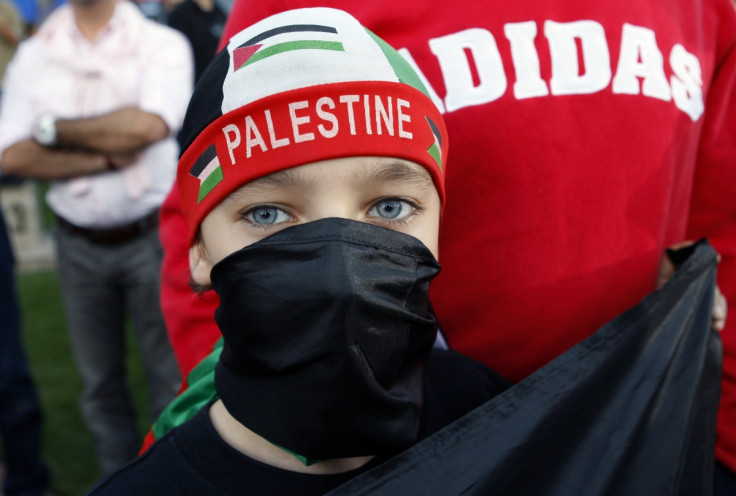Could Abu Dhabi be Israel's new best friend in the Middle East?

Both Israel and Abu Dhabi have sought to play down the news this week that an Israeli diplomat will be permanently stationed in the Gulf state when it opens its representative office at the International Renewable Energy Agency (IRENA). Like a new couple, neither want their friends – or indeed enemies – to get carried away.
The move is the latest in a long line of public flirtations between the unlikely allies and perhaps an even longer private one – it is an open secret that Israelis with foreign passports have visited the UAE for trade and business for years. It demonstrates how in 2015, Tel Aviv and the Gulf increasingly find themselves on the same side.
Israeli officials told Reuters on Friday that the posting to IRENA was in no way diplomatic normalisation, nor was an Israeli presence in Abu Dhabi unprecedented. Foreign Ministry Director-General Dore Gold was in Abu Dhabi this week at an IRENA conference, and Israel sent representatives to previous meetings in 2010 and 2014.
Israel and the Gulf monarchies of Saudi Arabia and the UAE have increasingly found themselves singing from the same hymn sheet. Tel Aviv, Riyadh and Abu Dhabi are united in their opposition to the US nuclear deal with Iran and Israeli officials recently met with their Gulf counterparts at the non-proliferation talks in Geneva.
UAE Foreign Minister Anwar Mohammed Gargash said in 2014 that the country was striking "a delicate balance" between Israel's membership of IRENA and the normalisation of UAE-Israeli ties which, he claimed, Israel sought. Indeed, the UAE has far more to lose from normalising relations with Israel than Tel Aviv.
The UAE's founder, Sheikh Zayed, was close to Yasser Arafat and was one of the Arab world's leading supporters of the Palestinian struggle, inviting thousands of Palestinian refugees to settle in the country and regularly speaking out against Israeli action in the West Bank and Gaza. The UAE is one of a number of Arab nations that - officially at least - does not permit travellers to enter if they have Israeli stamps in their passports.
As recently as 2010 relations have been strained. When Mossad agents assassinated Hamas operative Mahmoud al-Mabhouh in Dubai it came just days after Uzi Landau became the first Israeli minister to visit the UAE. The killing sparked outcry in the Arab world and a diplomatic crisis between Tel Aviv and the UAE.
The three wars that Israel has fought in Gaza since Hamas took over the strip in 2006 have not helped, particularly in 2014 when massive Palestinian casualties and graphic images of Israeli bombs led to protests across the world. An opening of relations between the UAE and Israel would be seen as a betrayal by many in the country and the wider Middle East, particularly if there was to be another war between Israel and Palestinian militants.
As it stands, Israel has no formal diplomatic relations with Arab nations except Egypt and Jordan, with which it signed peace deals in 1979 and 1994 respectively. Both those deals followed decades of open conflict and were controversial in their time. Egypt's deal with Israel arguably cost Egyptian leader Anwar Sadat his life, while negotiations between Jordan's King Hussein and Israel were conducted in secret long before a treaty was inked.
In many ways, Israel's relationship with the Arab world may have come a long way since the mid-1990s – in recent years it has led trade missions to Morocco, Tunisia, Qatar and Oman – but even a common enemy in Iran is unlikely to result in Israeli embassies in Dubai or Abu Dhabi any time soon. In the immediate future, at least, the IRENA presence is likely to be as far diplomatic relations between Israel and the Gulf will go.
© Copyright IBTimes 2024. All rights reserved.






